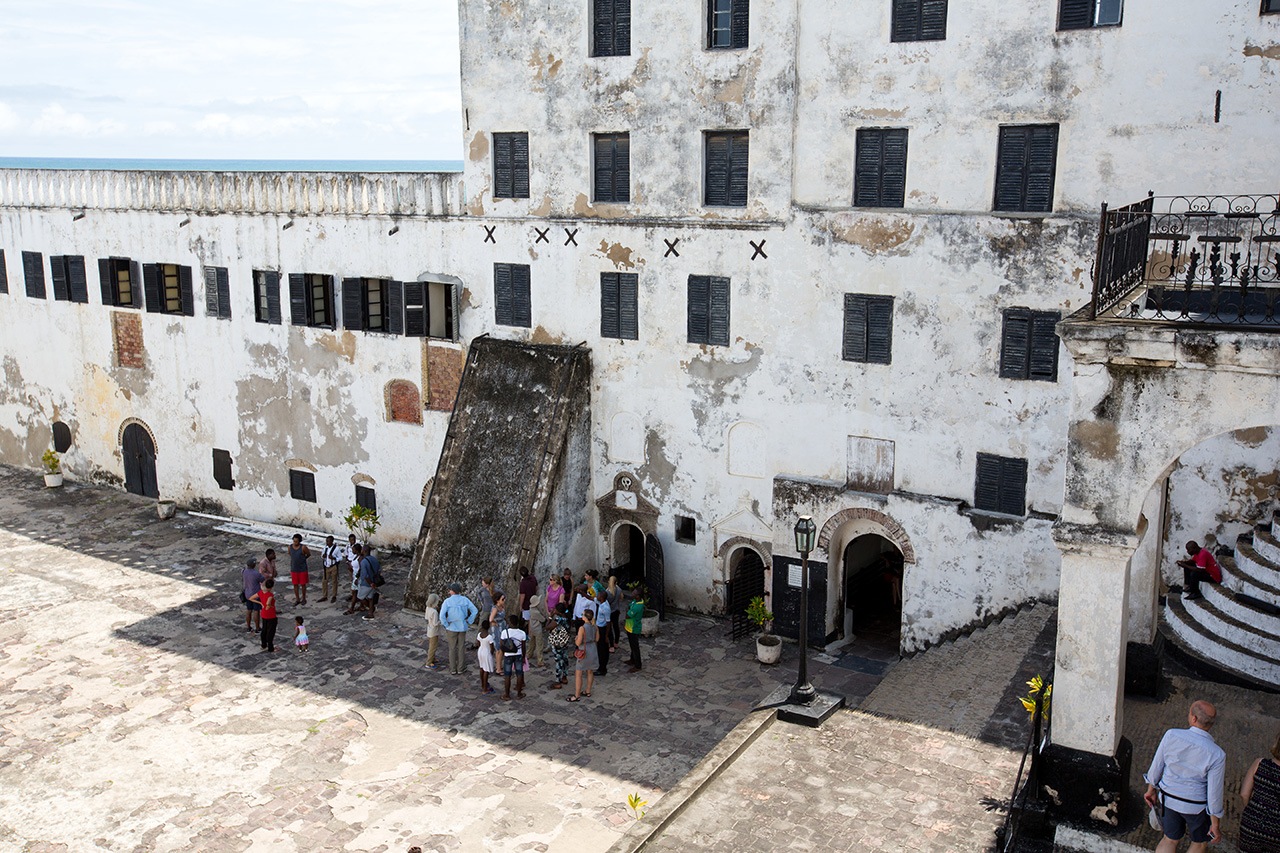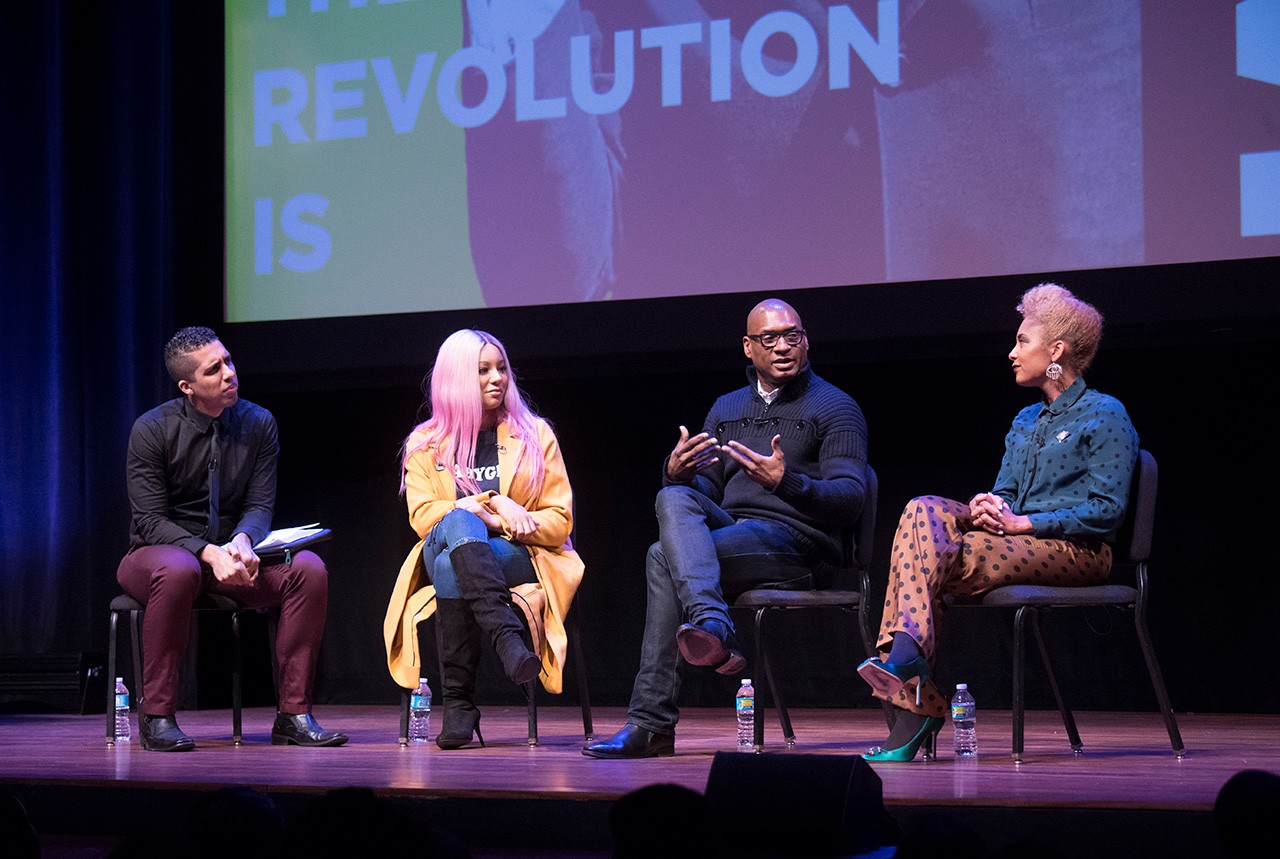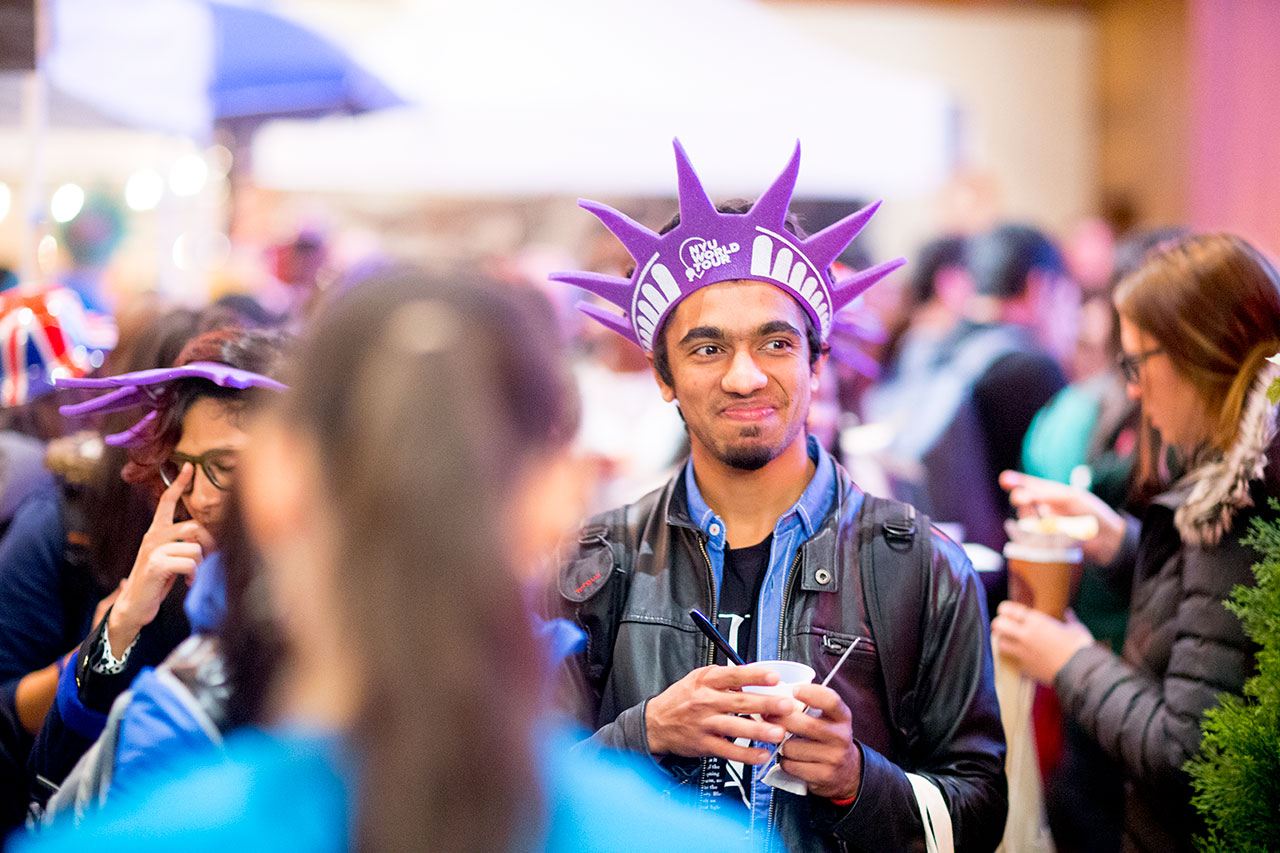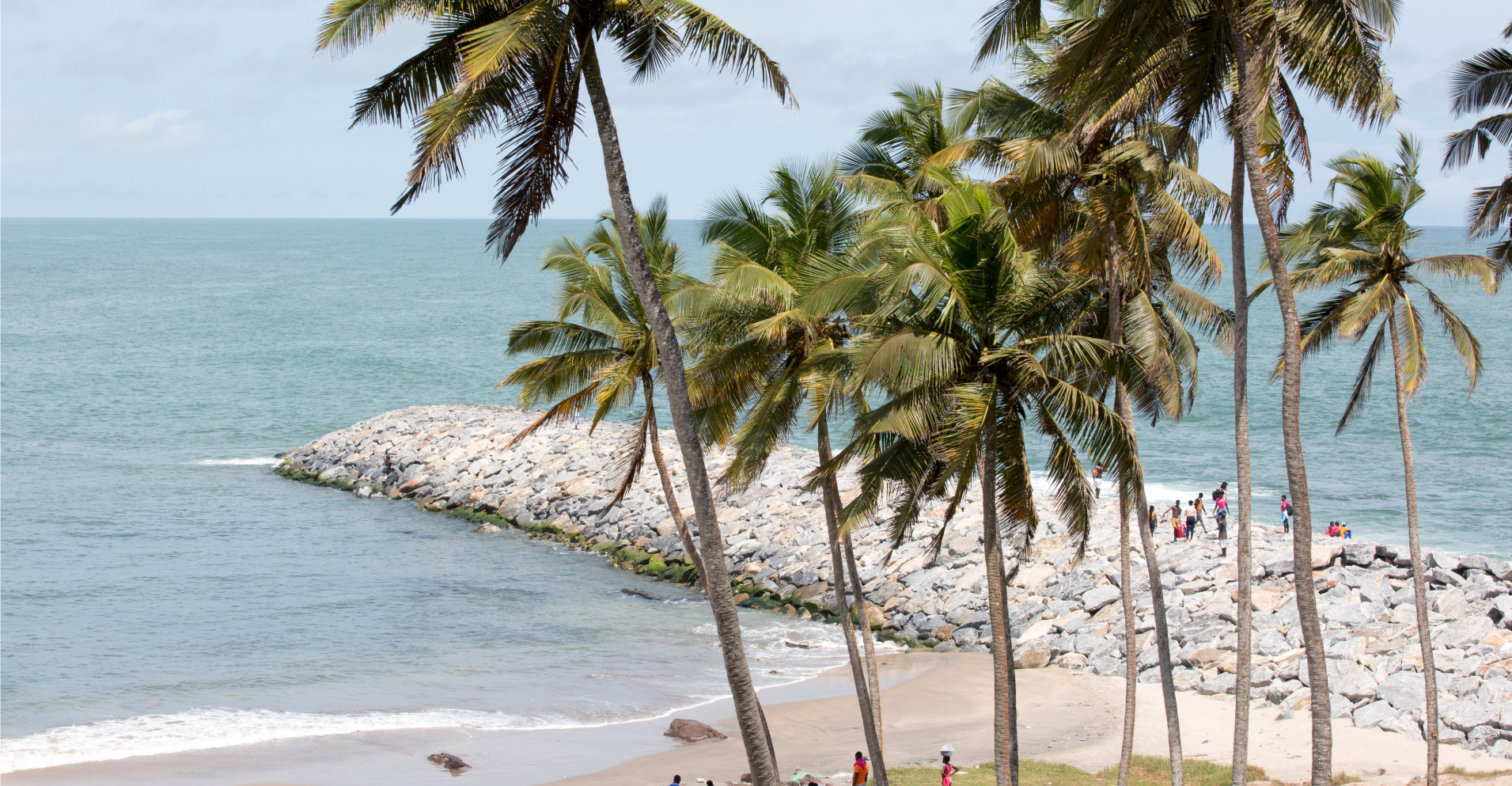
Located on the Gulf of Guinea’s coast, the city of Accra is one definition of cool. It balances tranquil beaches with roaring stadiums and high-end galleries with a steady beat. “Walking around Accra, especially at night, you constantly hear music coming from homes,” muses Trinity Casimir, who’s studying away at NYU Accra. “Where I’m from, the suburbs of North Carolina, blasting music typically invited a call to the police. Here, the notion of dancing and partying doesn’t carry a delinquent connotation. Even on a Tuesday in the middle of the night, you can hear people clubbing in Accra. I love that people are always having a good time.”
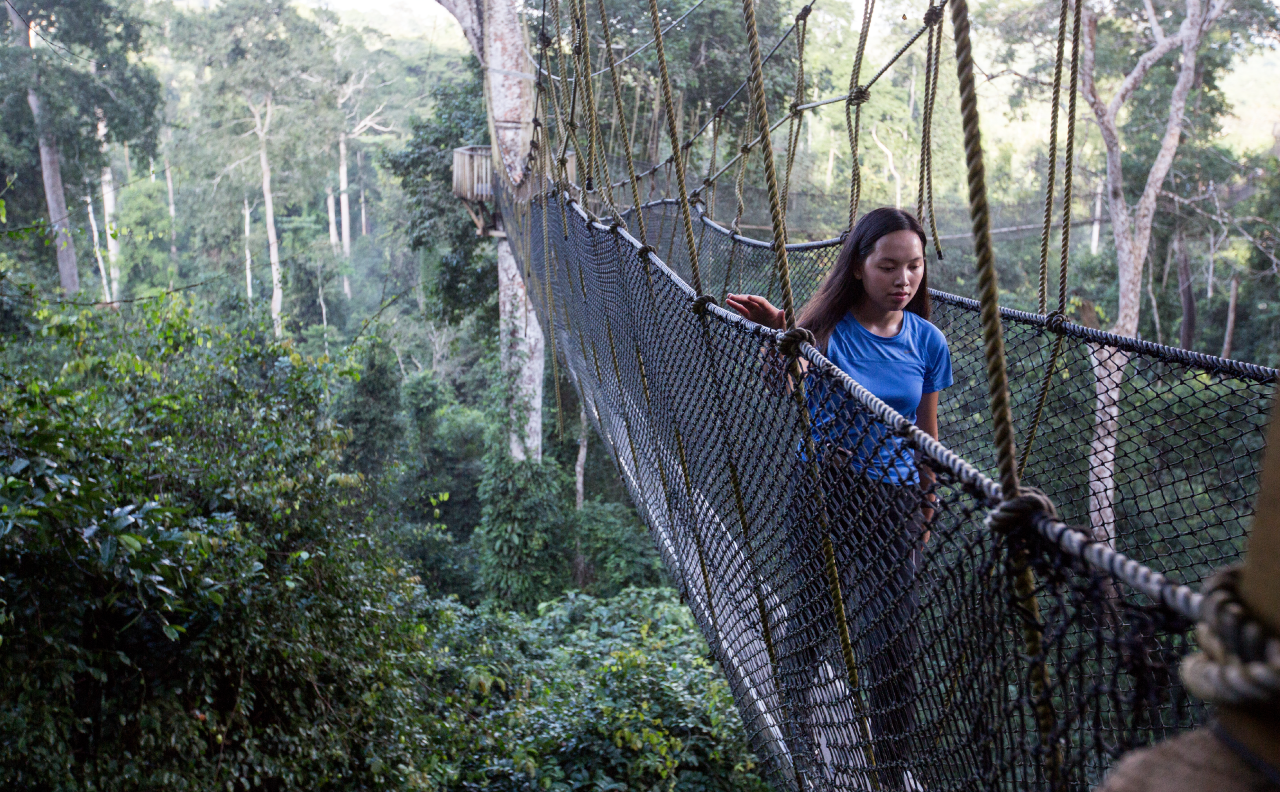
Kakum National Park, Ghana’s most popular attraction, is just four hours from Accra. “There’s so much more here than the beach!” Trinity exclaims. “I’ve hiked through mountains in the Volta region and explored the rainforest canopy in Kakum. The plant life is so dense in Ghana. It just feels like you’re walking through a wall of green.” The park’s famed canopy walk takes visitors across seven suspension bridges hung from 300-year-old trees.
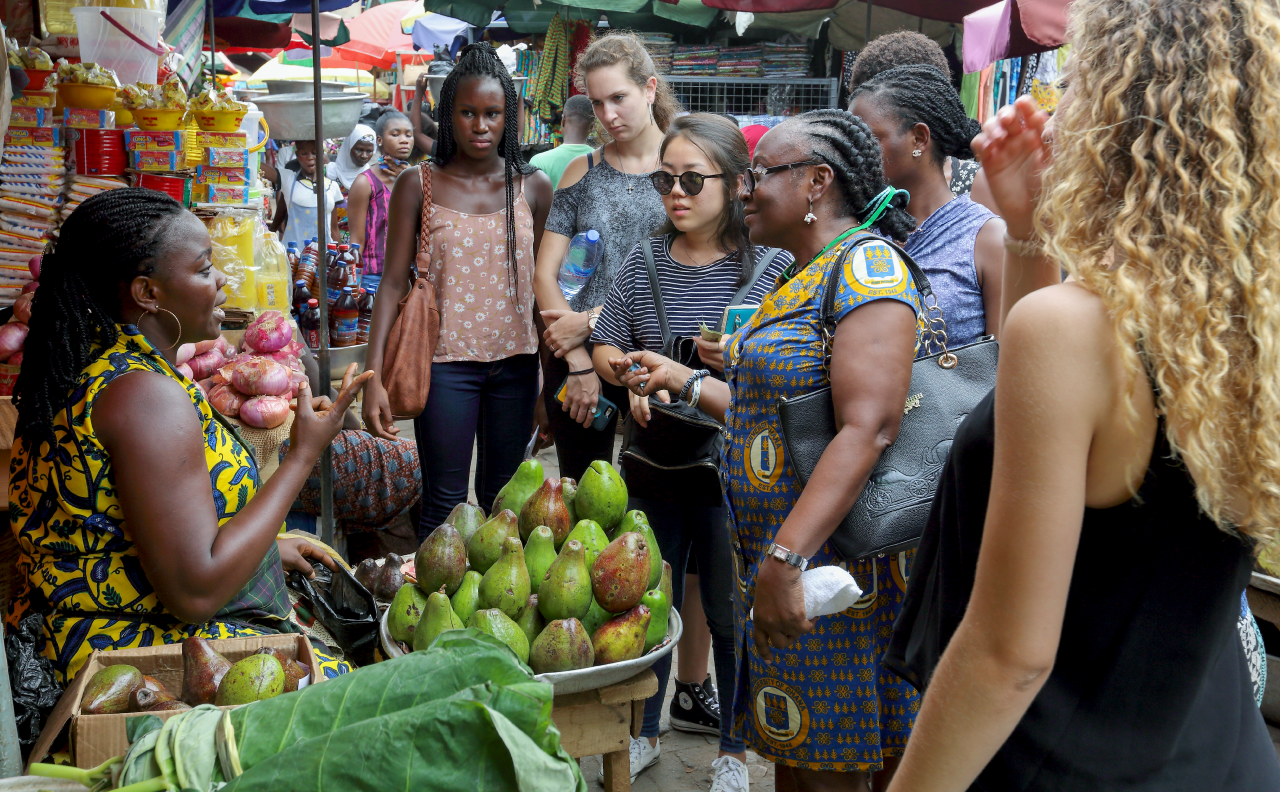
NYU Accra students get a direct lesson in West African food and nutrition at the city’s bustling outdoor markets. At Madina Market vendors sell street food, local produce, homewares, electronics, fashion, and just about everything else.
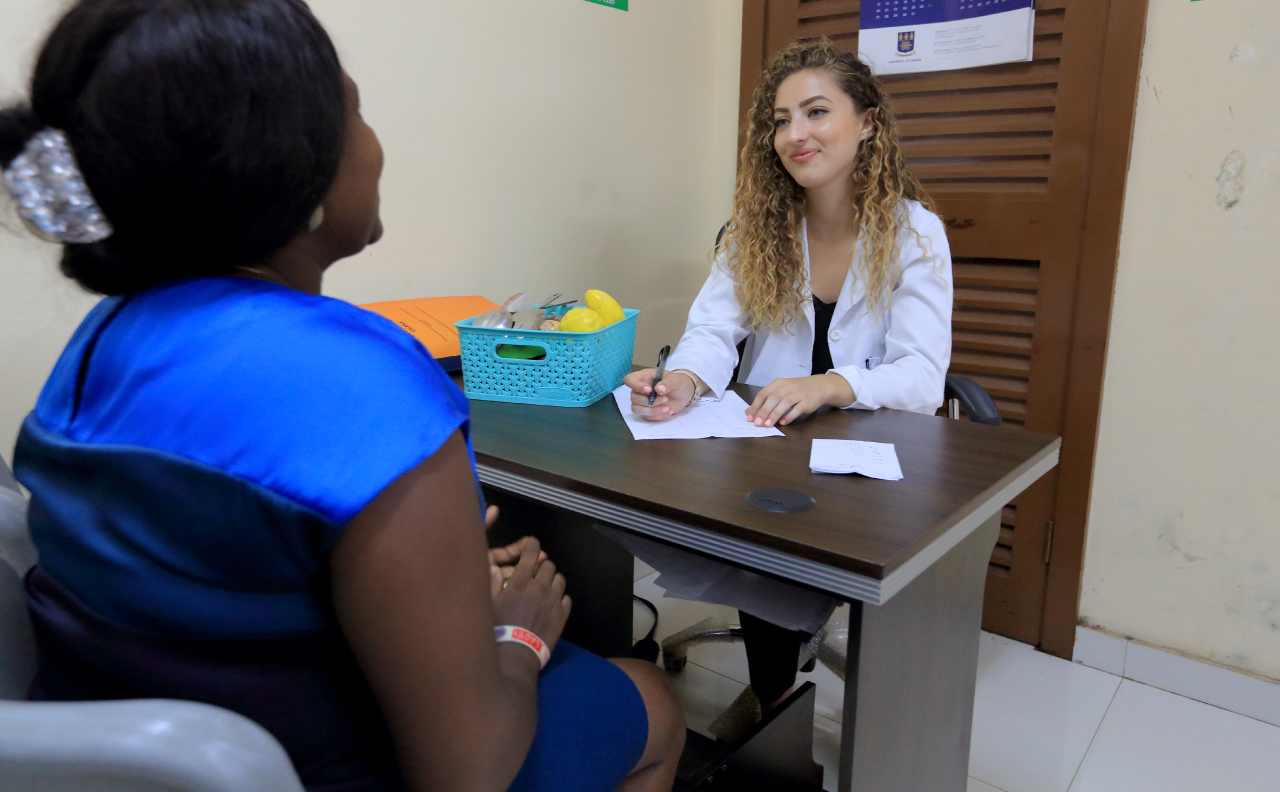
NYU Accra’s internship program places students with local organizations that tackle the region’s most urgent issues, from health care to human rights. At the University of Ghana Hospital, popularly known as the Legon Hospital, students intern in the dietherapy unit. There, they learn to prevent, manage, and treat nutrition-related diseases.
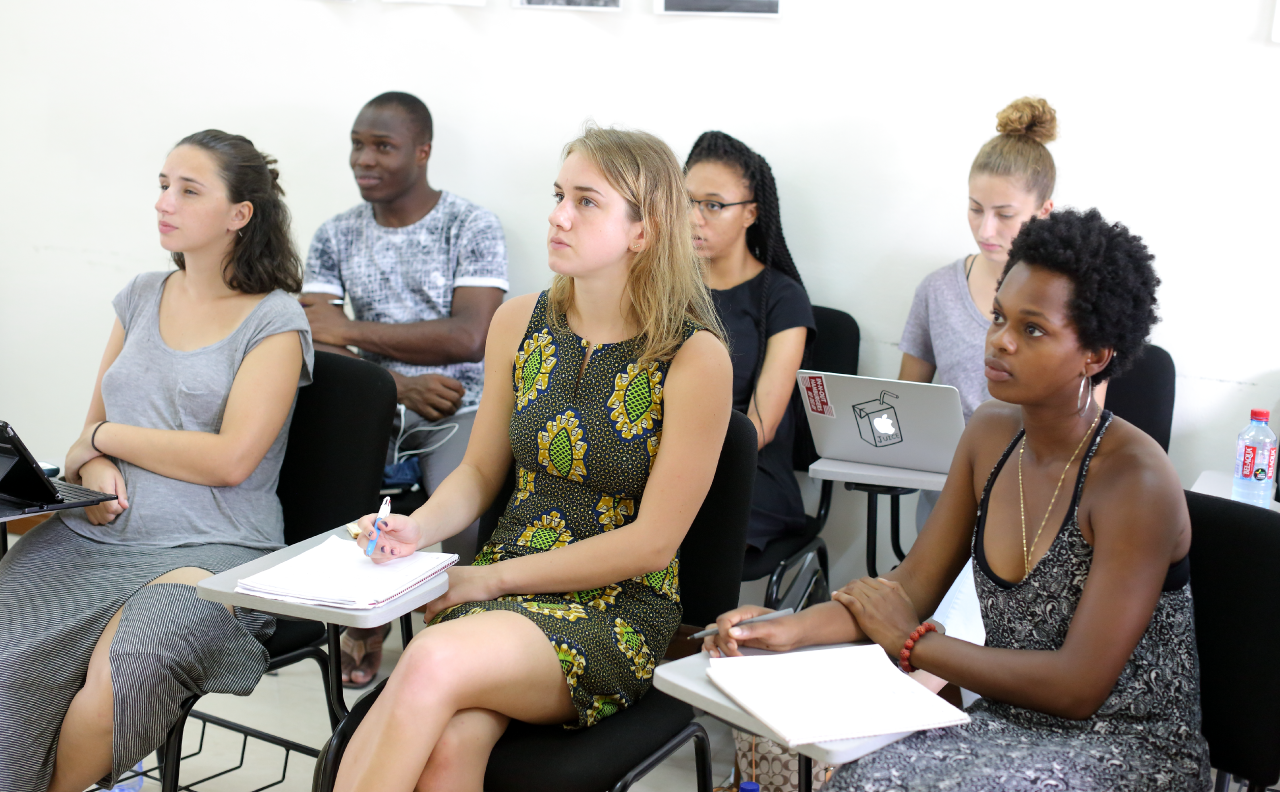
As Ghana’s capital city, Accra offers students ample opportunities for intellectual growth and cultural engagement, particularly in global public health. “NYU Accra offers so many public health courses taught by Ghanaian professors,” says Trinity, who is a Global Public Health and Anthropology major minoring in Documentary. “Especially in light of COVID-19, I’ve realized public health is inherently global. Before, I couldn’t fully grasp the consequences of public health decisions because I didn’t realize how things like vaccines or food systems impact the entire world.”
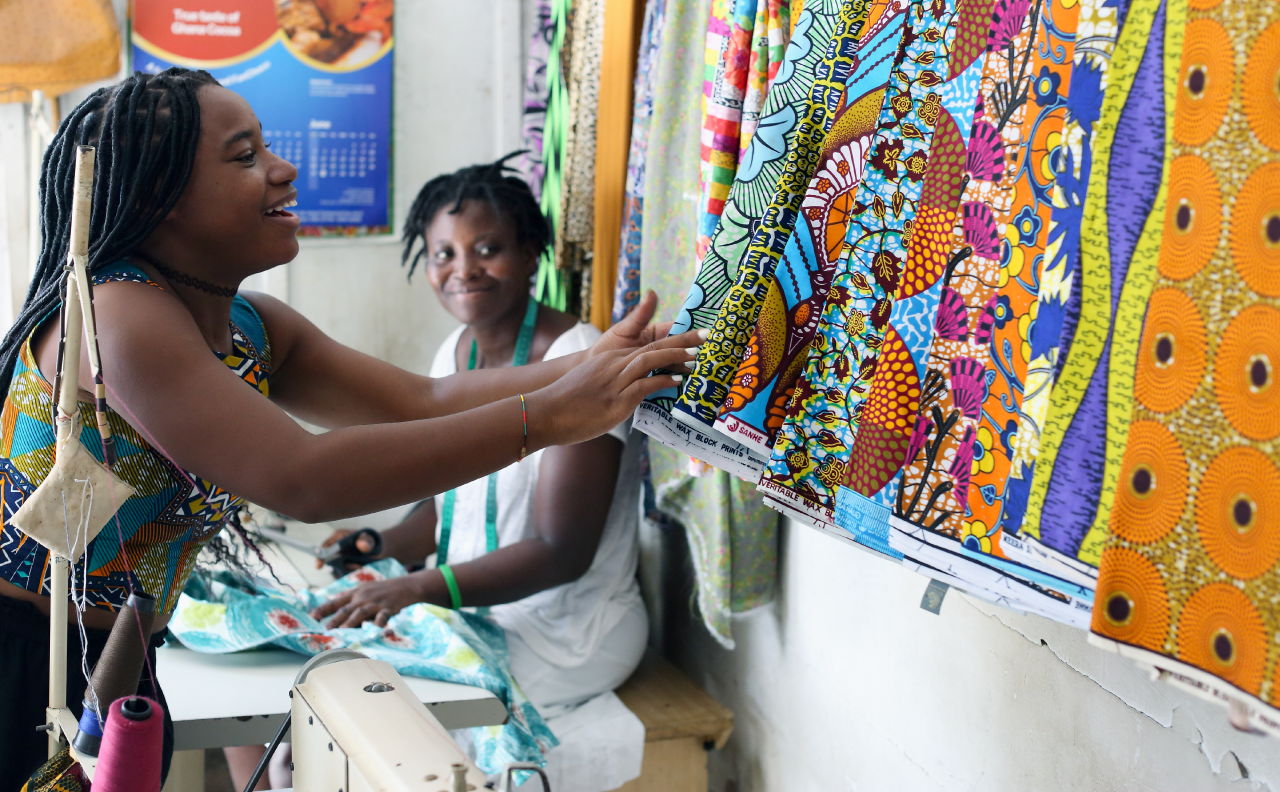
Every neighborhood in Accra has a distinct personality. But they share a rich history and communal warmth. “Jamestown is my favorite place in Accra,” says Trinity. “It’s especially interesting because so many buildings are vestiges of the slave trade. But I love seeing this tightly knit community coexisting with the dark history of the area. There are community organizations for sports and art, and everyone seems to know each other.”

In the course Documenting the African City, students produce a short video documentary, engaging with the city and its citizens as they shoot in locations across Accra. “So often, documentary film has the negative connotation of a foreigner recording people they know nothing about. Instead, this class has allowed me to build on relationships I already created in a way that is mutually beneficial,” attests Trinity. “For example, my friend volunteers with a grassroots organization that we decided to film for a project. Now that organization will use our footage for their own social media. The class has encouraged us to think critically and deeply about the meaning we want to convey with our films.”
